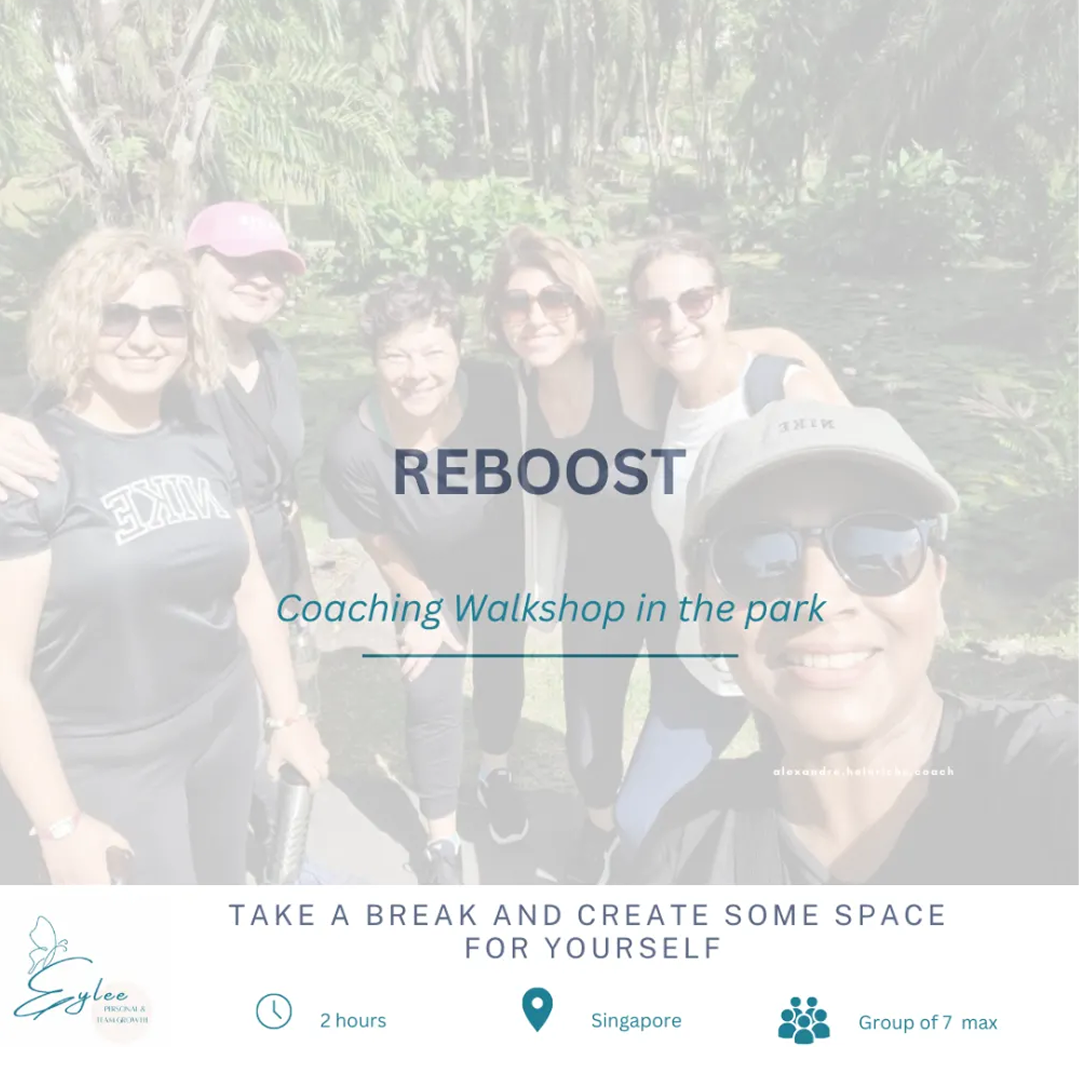Unlocking Your Networking Potential: Strategies for Building Meaningful Connections in Your Career

Throughout my corporate career, and now more than ever as a Coach, I've witnessed how lack of exposure and networking can impede talented professionals from advancing their careers and moving to the next level of leadership. Many of my clients have shared their own struggles with networking, from fear of rejection to imposter syndrome and lack of confidence. Despite these challenges, networking remains a crucial aspect of career advancement. In fact, research has shown that 85% of all jobs are filled through networking, and active networkers are 40% more likely to be hired than those who don't network (LinkedIn Survey).
Breaking Through Mental Blocks: Fear, Self-Doubt, and Limited Time
Fear of Rejection: One of the biggest mental blocks to networking is fear of rejection. Many people avoid networking events or hesitate to reach out to new contacts because they fear being rejected. This fear can be especially strong for those who are introverted or lack confidence in their networking skills.
Imposter Syndrome: Imposter syndrome is another common mental block to networking. Those who experience imposter syndrome may feel like they don't belong in their industry or that they are not qualified to network with others. This can lead to self-doubt and a lack of confidence in networking situations.
Lack of Confidence: Lack of confidence is a related mental block that can make networking difficult. People who lack confidence may struggle to initiate conversations or feel uncomfortable promoting themselves or their skills.
Introversion: Introverts may also face mental blocks when it comes to networking. They may find large networking events overwhelming or feel drained by the thought of making small talk with strangers.
Limited Time: Finally, limited time can be a mental block to networking. People who are busy with work or family responsibilities may struggle to find time to attend networking events or schedule meetings with new contacts.
Unlock Your Networking Potential: Overcoming Mental Blocks to Build Meaningful Connections
Shift Your Mindset: The first step in overcoming mental blocks to networking is to shift your mindset. Recognize that networking is a skill that can be learned and practiced, rather than something that you're either good or bad at. According to research by Harvard Business Review, people who develop a diverse network of contacts are more likely to be promoted and receive higher salaries than those who rely on a narrow network of contacts.
Start Small: It's also important to start small when developing your networking skills. Set achievable goals for networking, such as attending one networking event per month or scheduling one coffee meeting per week. Gradually work your way up to more challenging networking situations as you become more comfortable. A survey by Deloitte found that 89% of executives consider networking to be important for career success.
Be Prepared: Preparation can also help you overcome mental blocks related to networking. Research the event or contact you'll be meeting with ahead of time to feel more confident and prepared. Practice talking about your skills and experiences so that you feel comfortable promoting yourself. The same LinkedIn study mentioned earlier found that organizations use social media to recruit job candidates 84% of the time, highlighting the importance of building a professional online presence.
Practice Active Listening: One of the keys to successful networking is to focus on building relationships rather than just exchanging business cards. Practice active listening by asking thoughtful questions and showing interest in the other person's experiences and goals. Research by the American Psychological Association shows that introverts can be just as effective at networking as extroverts if they use strategies like active listening and thoughtful questions.

Use Social Media: Social media platforms like LinkedIn can be a valuable tool for networking. Use these platforms to connect with others in your industry and build relationships online.
In conclusion, overcoming mental blocks to networking is a critical step in advancing your career and achieving success. By shifting your mindset, starting small, being prepared, practicing active listening, and using social media, you can develop the skills and confidence needed to build a strong professional network. Don't let fear, imposter syndrome, lack of confidence, introversion, or limited time hold you back from reaching your goals.
If you're ready to take your networking skills to the next level, consider joining Reboost: the Coaching Walkshop. This mini-retreat is designed to help you connect with yourself, with others, and with nature, while gaining valuable insights and strategies to boost your energy and strengthen your resilience.
